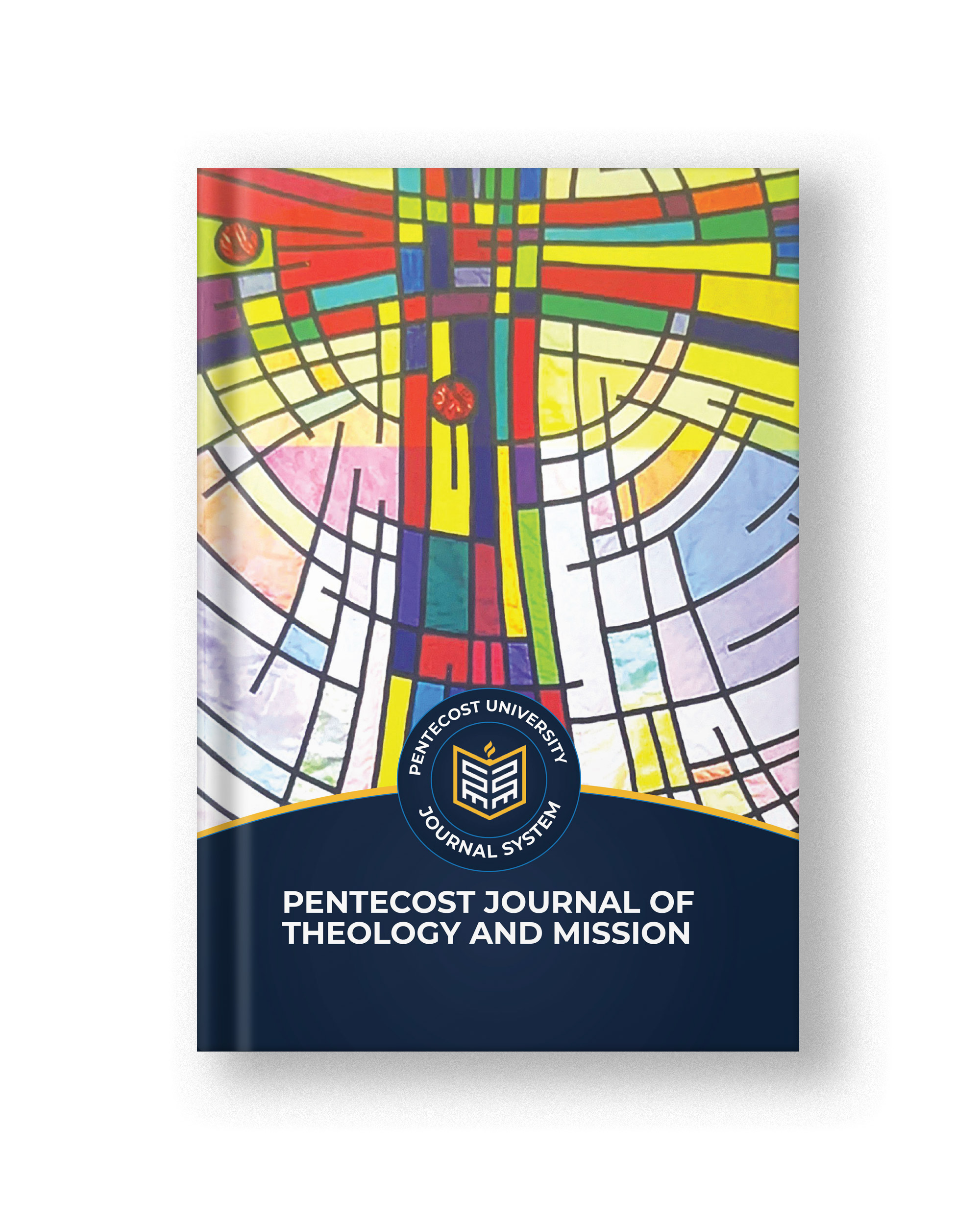“God Would Himself Raise Up a Nation out of Africa”
God’s Covenant, The Church of Pentecost and Ghana’s Public Sphere
DOI:
https://doi.org/10.62868/pjtm.v5i1.208Keywords:
Church of Pentecost, Covenant, LGBTQ, Secular, GhanaAbstract
In this article, I discuss the trajectories of religion and politics in Ghana, which have been extensively analysed, focusing on the role of the Church of Pentecost (CoP) in shaping the country’s public sphere. Given the burgeoning contestation over Ghana’s public sphere, focusing particularly on the CoP’s visible presence in the country’s sphere as providers of social services and vanguards of the country’s moral rectitude, this paper concentrates on answering the questions: what accounts for the conviction and boldness of the CoP shattering the boundaries of religion and politics? How is the church reorienting its members to conform to its moral reforms? My questions chime with the debate between the often glossed-over and blurred lines of demarcation between religion and politics. As a methodological approach, I deploy critical reading of Ghana’s socio-political histories and the ideas of secularism to argue that the CoP, currently Ghana’s largest Pentecostal denomination, has revitalised the premodern logic of state-religion relations, based on its intermeshing of covenantal relationship with God since the 1930s and oral theology, to stage itself as an important player in Ghana’s public governance. The CoP’s perception of itself as God’s chosen church rationalises its efforts at choreographing Ghana away from Western cultural influences. Thus, both religion and CoP’s covenant are prior to the state, and the church seeks to guide the public sphere and governance of Ghana so that the country can fulfil its calling as God’s end-time chosen nation from Africa for global evangelism.


